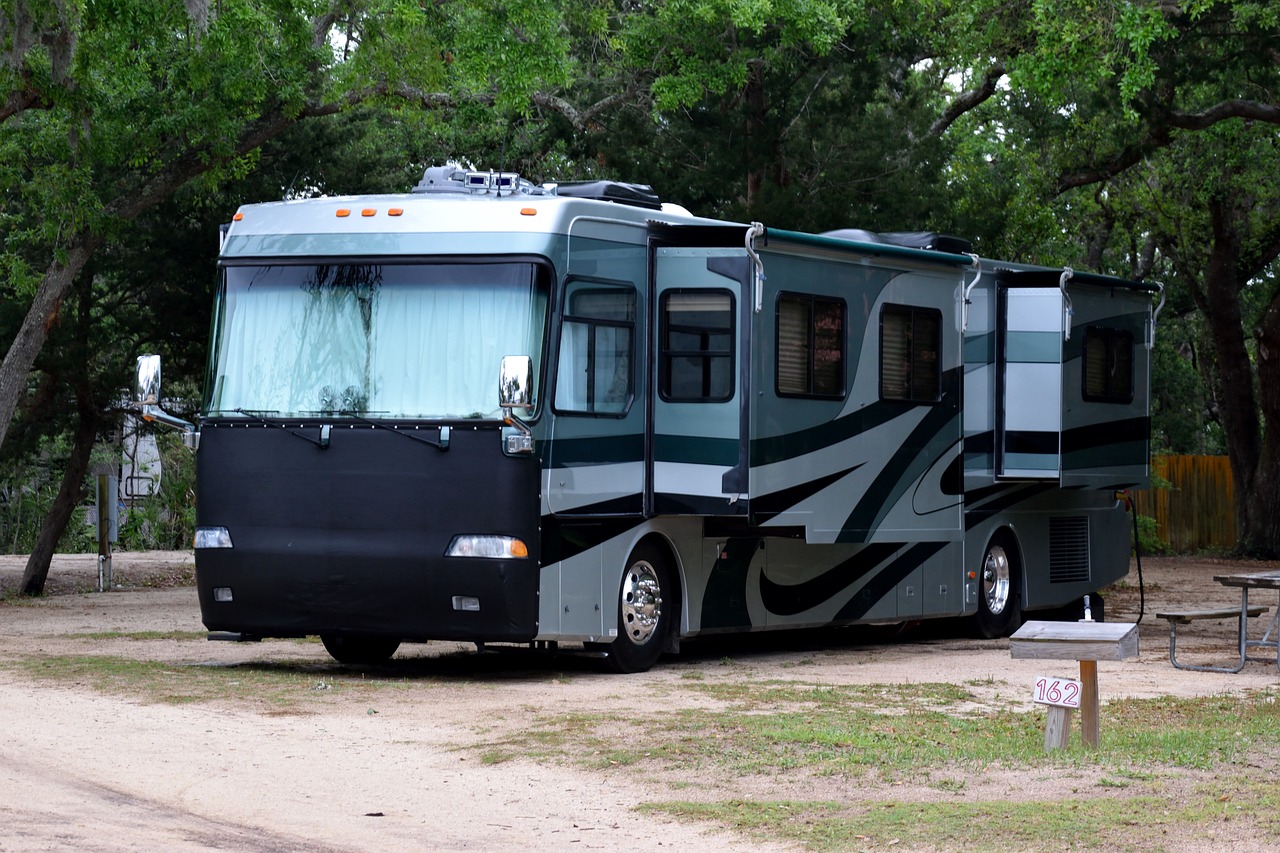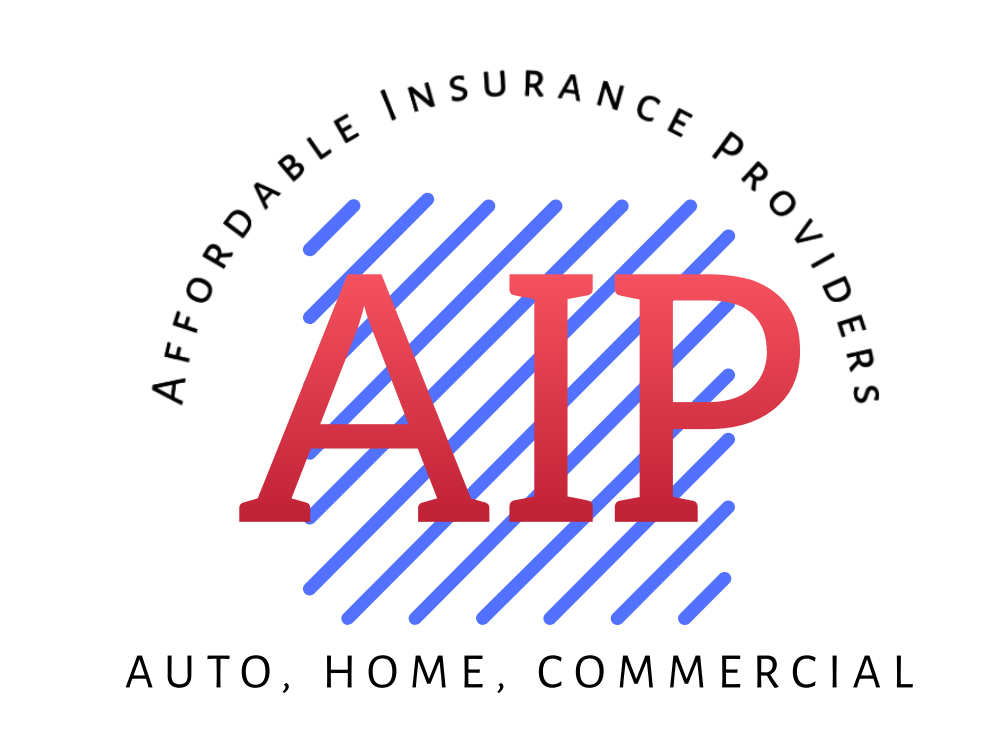
Does RV Insurance Have Provisions for Winter Travel Preparation?
As winter approaches, many recreational vehicle (RV) enthusiasts start planning their cold-weather adventures. However, preparing your RV for winter travel involves more than just packing warm clothes and ensuring your vehicle is in good mechanical condition. One crucial aspect to consider is whether your RV insurance policy covers the unique challenges of winter travel.
Understanding RV Insurance Coverage
RV insurance typically includes several types of coverage, such as liability, collision, comprehensive and personal belongings coverage. These standard provisions are designed to protect you from a variety of risks, but winter travel can introduce additional hazards that may not be fully covered under a basic policy.
Winter-Specific Provisions
The following coverage may be beneficial for owning an RV in winter:
- Roadside assistance—Winter conditions can increase the likelihood of breakdowns or getting stuck in snow. Many RV insurance policies offer roadside assistance, which can be helpful in cold weather. This service often includes towing, battery jump-starts and tire changes.
- Comprehensive coverage—This part of your policy can protect against noncollision-related damage, such as those caused by falling ice or tree branches, which are more common in winter. It may also offer coverage for theft and vandalism, which can be a concern if you leave your RV unattended for extended periods.
- Personal belongings coverage—Winter travel often means carrying more gear, such as skis, snowboards and heavy clothing. Ensure your policy financially covers personal belongings adequately, especially if you have high-value items.
- Emergency expense coverage—If your RV becomes uninhabitable due to a covered peril, this provision can help cover the cost of alternative accommodations, which is particularly important in freezing temperatures.
Learn More
Contact Affordable Insurance Providers to discuss your RV insurance policy.
This blog is intended for informational and educational use only. It is not exhaustive and should not be construed as legal advice. Please contact your insurance professional for further information.
Categories: RV Insurance
